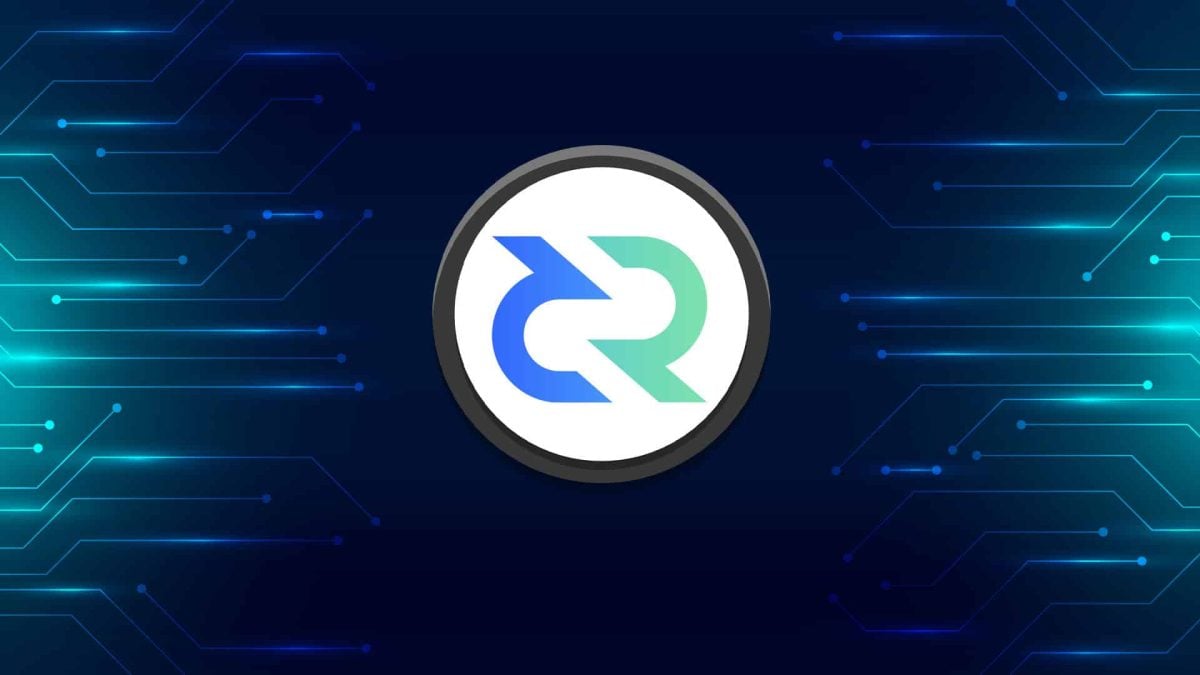UK's supportive crypto regulations lead to the inaugural digital asset listing on the LSE
- UK crypto firm KR1 plans to uplist to LSE to boost visibility and attract institutional investors. - UK regulators are revamping crypto rules, including 2026 stablecoin frameworks and relaxed stablecoin caps. - The move positions KR1 as LSE's first "authentic digital asset company," distinct from crypto-holding firms. - UK's crypto-friendly approach contrasts with the US's enforcement model, aiming to solidify its global digital asset leadership.
British crypto company KR1 has revealed intentions to move its shares to the primary market of the London Stock Exchange (LSE), as reported by

Keld Van Schreven, KR1's co-founder, described the move as "the starting signal for this emerging asset class on the LSE," noting that the UK's regulatory stance is increasingly supportive of cryptocurrencies. With a valuation near £56 million ($75 million), KR1 would be the first "genuine digital asset company" to be listed on the LSE, setting it apart from companies that simply hold cryptocurrencies such as
The UK's regulatory changes are part of a broader international race in the crypto industry. The Bank of England (BoE) has also updated its approach to stablecoin reserves, reconsidering earlier limits on corporate holdings of fiat-backed tokens. The BoE had initially capped corporate stablecoin reserves at £10 million ($13 million), but now plans to allow exceptions for companies needing larger amounts, a shift influenced by the U.S. GENIUS Act, which offers clearer guidance for digital asset businesses, according to Cointelegraph.
KR1's planned move to the main market comes at a time when crypto companies face a varied environment on the LSE. While KR1 is pursuing a more prominent listing, Argo Blockchain—a Bitcoin mining company—intends to leave the LSE in December 2025 as part of a debt restructuring that will transfer 87.5% ownership to its main creditor, Growler Mining. Argo's exit illustrates the difficulties crypto firms encounter in the UK, where regulatory uncertainty and market fluctuations continue to pose challenges, as detailed in its
The UK's regulatory approach to crypto differs from that of the U.S., though both countries are working to establish clear rules. The U.S. has taken a more enforcement-focused route under President Biden, while the UK has opted for a gradual, measured strategy. However, the Financial Services and Markets Act (2023) in the UK has started to bridge regulatory gaps, bringing stablecoins and digital assets under formal oversight and granting the FCA authority over key areas such as staking and trading, as reported by
KR1's decision demonstrates its trust in the UK's changing crypto landscape. By concentrating on staking—earning incentives for confirming blockchain transactions—the company is well-placed to benefit as the industry matures. Since its founding in 2014, KR1 has completed over 100 investments in digital assets and now seeks to leverage the UK's regulatory progress and growing institutional interest in decentralized finance, according to Cointelegraph.
As the LSE gets ready to admit more crypto-related companies, the regulatory climate will remain a crucial consideration. The FCA's forthcoming 2026 regulations on stablecoin issuance and crypto asset custody are expected to influence the industry's direction, balancing innovation with investor safeguards, as noted by Cointelegraph and CoinGeek. For now, KR1's move to the main market marks a significant milestone in the UK's efforts to establish itself as a global leader in digital asset markets.
---
Disclaimer: The content of this article solely reflects the author's opinion and does not represent the platform in any capacity. This article is not intended to serve as a reference for making investment decisions.
You may also like
Solana News Today: Investors Abandon Bitcoin ETFs in Favor of Solana's Attractive Staking Returns
- Bitcoin ETFs saw $488M outflows led by BlackRock's IBIT , while Solana ETFs gained $44.48M as investors rotated into staking yields. - Coinbase reported $1.9B Q3 revenue driven by trading volumes and expanded staking services, contrasting ETF volatility. - Zynk secured $5M seed funding to develop stablecoin-based cross-border payment infrastructure, targeting USD/EUR/AED corridors. - Analyst Peter Brandt warned Bitcoin could test $60K support, but IBIT's $88B AUM suggests long-term ETF demand remains str

Ferrari's 499P Token: Enhancing Customer Loyalty in the Digital Era
- Ferrari launches Token 499P NFT with fintech Conio, targeting Hyperclub members for auction bids and exclusivity. - Q3 2025 results show €382M net income and €670M EBITDA, surpassing forecasts amid strong high-end model demand. - Strategy emphasizes loyalty through digital assets, with EU regulatory approval pending for the limited-edition token. - Project combines heritage with innovation, reflecting Ferrari's resilience after September market skepticism and regained investor confidence.

Noomez's Presale: Creating Rarity to Survive Meme Coin Volatility
- Noomez ($NNZ) launches 28-stage presale with fixed pricing and liquidity locks to mitigate meme coin risks. - 15% liquidity locks and third-party audits enhance trust, while real-time on-chain tracking ensures transparency. - Stage-based airdrops and referral bonuses incentivize participation, aligning with 2025 crypto trends. - Despite volatility concerns, structured deflationary design aims to sustain value, with 50% supply allocated to presale success.

Decred Skyrockets as EU Tightens Rules on Anonymous Transactions
